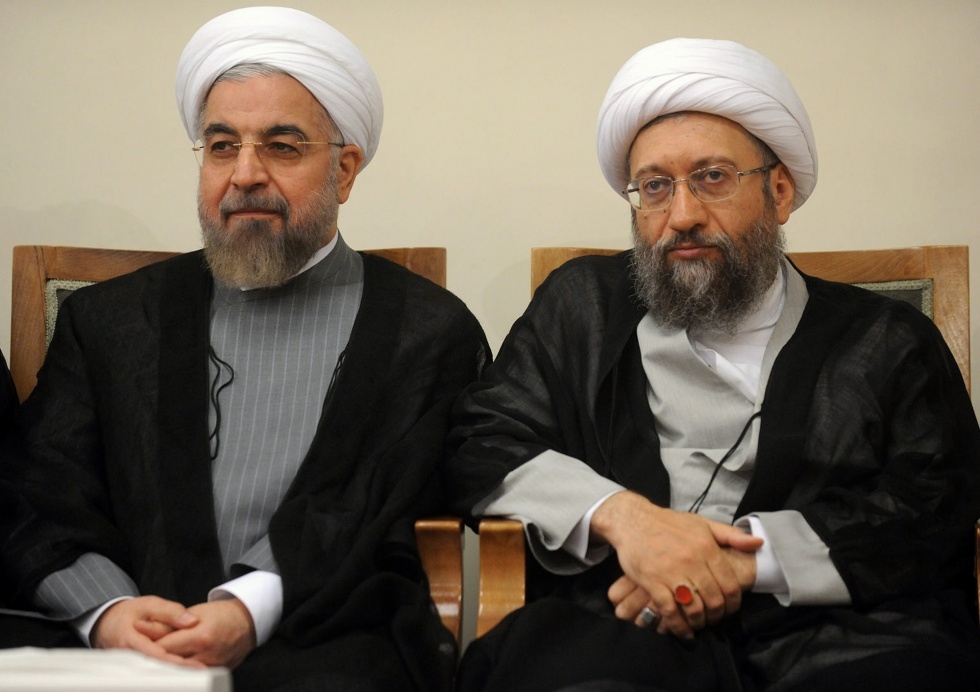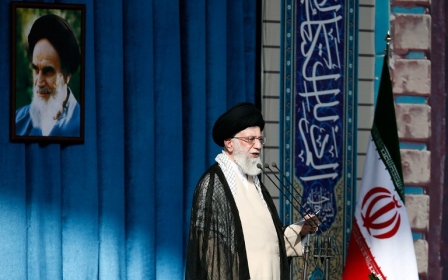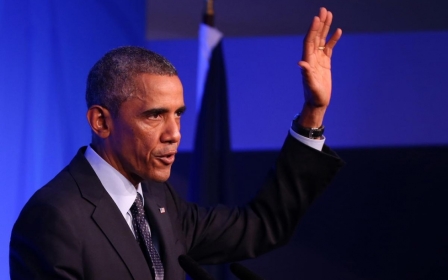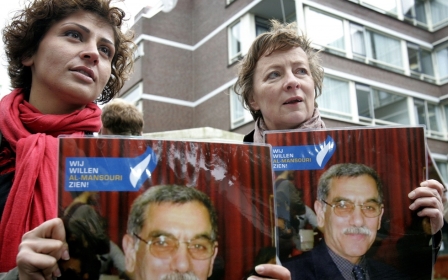NATO plane ordered down in Tehran due to flight plan errors

A NATO charter plane carrying 100 people, including US government contractors out of Afghanistan, was ordered to land in southern Iran early Saturday because of errors in its flight plan, a Tehran-based official said.
With an unknown number of Americans on the flight, the rare incident prompted a flurry of reaction in the US, but the problem was solved and the aircraft headed on to Dubai, its original destination, after a few hours on the ground.
"We realised that the flight information was incorrect and, to be sure there was no problem, we asked to pilot to land," said Mohammad Ali Ilkhani, head of the Iranian Airports Organization.
The flight, operated by Fly Dubai, landed at an airport in Bandar Abbas, a port city on the Gulf. The plane had earlier left Bagram Airbase in Afghanistan, US officials said on Friday.
The State Department quickly refuted US media reports that Iran had scrambled fighter jets and forced the charter plane to land.
Iranian Airports' Ilkhani said the plane was asked to land because it was in Iranian airspace and there was a problem with its route information, and that airport officials had not been aware that Americans were on board.
"We interviewed the pilot and verified his flight documents. The pilot acknowledged there had been errors. He was then allowed to leave," Ilkhani said.
After several hours on the ground, the plane was back in the air, deputy State Department spokeswoman Marie Harf said separately.
It was not immediately clear who was on board the Fly Dubai plane, but defence officials confirmed it had been chartered by the US-led NATO International Security Assistance Force.
It was not disclosed if it was carrying any US troops flying from the sprawling Bagram military air base just outside the Afghan capital, Kabul.
Officials confirmed however that there were American citizens as well as other US government contractors of different nationalities on board.
American-Iranian relations have been frosty since the 1979 Islamic Revolution, but the rise of the Islamic State in Iraq and Syria, coupled with negotiations over the country's nuclear programme, have led to increasingly close diplomatic relations.
However, American officials have denied military coordination between the two countries was taking place.
"We are not going to coordinate military action or share intelligence with Iran and have no plans to do so," the State Department's Harf said Friday, reacting to reports that Tehran had approved such an arrangement.
Harf said that Washington was "open to engaging" with Iran as it had in the past on select issues, notably on Afghanistan in late 2001, when the two sides worked to put Hamid Karzai into power after the fall of the Taliban.
"But we will not be coordinating our action together," she added.
New MEE newsletter: Jerusalem Dispatch
Sign up to get the latest insights and analysis on Israel-Palestine, alongside Turkey Unpacked and other MEE newsletters
Middle East Eye delivers independent and unrivalled coverage and analysis of the Middle East, North Africa and beyond. To learn more about republishing this content and the associated fees, please fill out this form. More about MEE can be found here.




